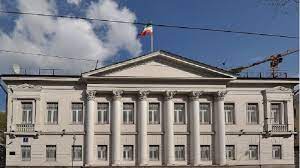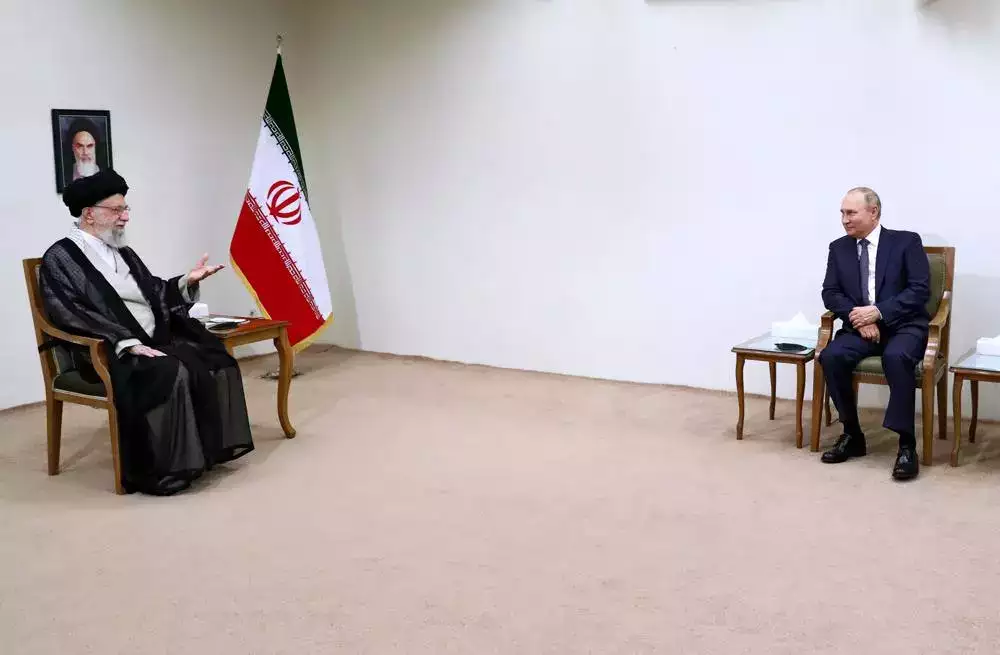The death of Hossein Jahangiri, 56, the adviser to the Iranian Ambassador in Moscow, could be related with the recent leaks of information about the Kremlin’s connections with the Iranian defense industry.
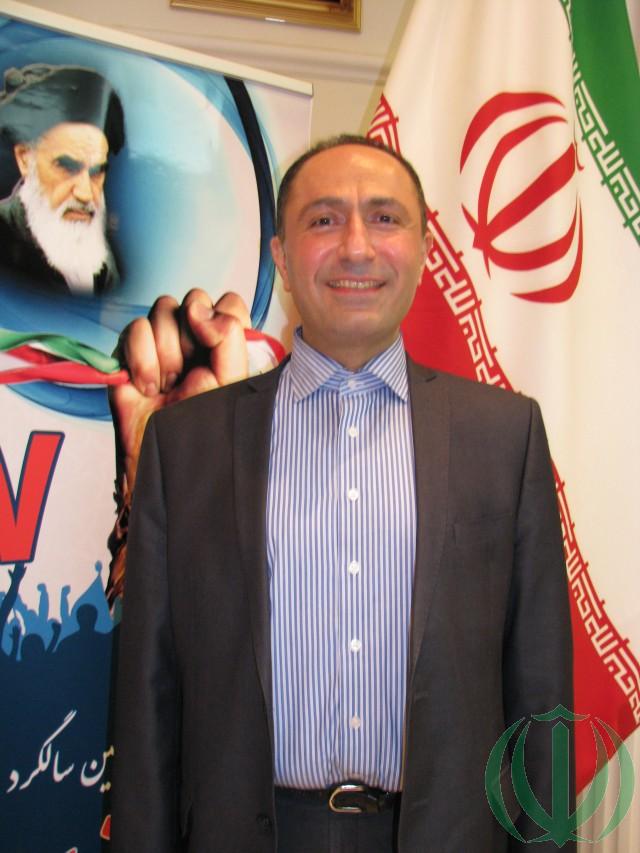
The embassy employee attended a fitness club located in a shopping center on Pyatnitskoye Highway, not far from his place of residence. Allegedly, while being in the club at 6PM Jahangiri felt unwell and lost consciousness. The medical brigade did its best to save him, but unfortunately, the 56-year-old man passed away. Officially, the cause of death was a heart attack. However, Tehran’s request to the Russian government to send Jahangiri’s blood samples raises suspicions. We estimate that the Iranians doubt the true causes of death of the ambassador’s assistant and want to initiate a toxicological exam. Jahangiri also worked as a Farsi interpreter. He took part in all the most important meetings of Iranian delegations in Russia. He negotiated with Hezbollah, Hamas, and Afghanistan. Jahangiri was directly involved in all key talks involving the Iranian side. With extensive knowledge of the delicate nuances of Iran-Russia relations, the Russians may have suspected Jahangiri of leaking information. His psychological state after the loss of his Russian wife who died from cancer made this possibility more that high.
The news of Jahangiri’s death was covered by a Russian military intelligence-affiliated media pool. During informal conversations with diplomats the Russian Foreign Ministry is trying to convince that the death of a diplomat will not affect the negotiation process between Russia and Iran. However, such comments have proactive character in order to minimize possible risks.
Jahangiri’s death reminds the affair of Alexander Perepelichny who was eliminated by Russian special services in London in 2012. Perepelichny criticized the Kremlin and helped expose a money-laundering scheme that involved both the Mafia and the Russian state. He was one of the main suppliers of compromising evidence against Russian high-ranking officials linked to the death of lawyer Sergei Magnitsky. Perepelichny was killed with Gelsemium elegans poison, which causes heart attacks. It cannot be ruled out that the cause of Jahangiri’s death could have been another aluminum containing poison. Thus, there is a possibility that the poisoning of the Iranian adviser could have been organized by the domestic intelligence unit (FSB), which possess military poisons in its arsenal and has already demonstrated their use, for example, in the case of opposition leader Alexei Navalny. We have analyzed similar incidents involving diplomats and intelligence officers over the past 8 years.
On December 26, 2016, former high-ranking KGB officer Oleg Erovinkin was found dead in the back of his black Lexus car in Moscow. Allegedly, he died of a heart attack despite the morgue reported no cause of death. Erovinkin’s name is also associated with former British agent Christopher Steele, the author of the scandalous dossier about President Donald Trump.
On February 20, 2017, the 64-year-old Russian representative to the UN, Vitaly Churkin, known as Mr.No, died in New York. According to the first report, he died of a heart attack, though, after the autopsy doctors said that they needed additional tests to exclude possible poisoning reasons.
On November 8, 2016 a Russian diplomat Sergei Krivov was found unconscious on the floor of the Russian consulate in New York on the day of the US presidential election. Krivov had a head trauma and died on the spot before the ambulance arrived. According to medical examiners, the man died due to internal bleeding related to a head tumor. Later on, the Russian embassy changed the story and started talking about a heart attack. Krivov was responsible for counter-espionage.
On January 3, 2016, the Chief of the Main Directorate of the General Staff of the Russian Ministry of Defense (GRU), Igor Sergun, died of unspecified causes at the age of 58. According to the official version, he died of a heart attack in the FSB ‘Moskvich’ rest house near Moscow.
In December 2016, Roman Skrylnikov, a temporary employee at the Russian consulate in Kazakhstan, was found at his rented apartment in Ust-Kamenogorsk. The cause of death was defined in the official reports, once again, as a heart attack.
On August 23, 2017, the Russian Ambassador to Sudan Migayas Shirinskiy died at his house in the country’s capital of Khartoum. The cause of death was an acute heart attack. The diplomat’s death coincided with the activity of the Wagner group in Sudan.
The Belarusian Minister of Foreign Affairs Vladimir Makei, 64, died suddenly on November 26, 2021. The politician was reported to have suffered a heart attack despite the fact that he had never had chronic illnesses. RLI analysts shared the opinion that the diplomat’s death was not natural.
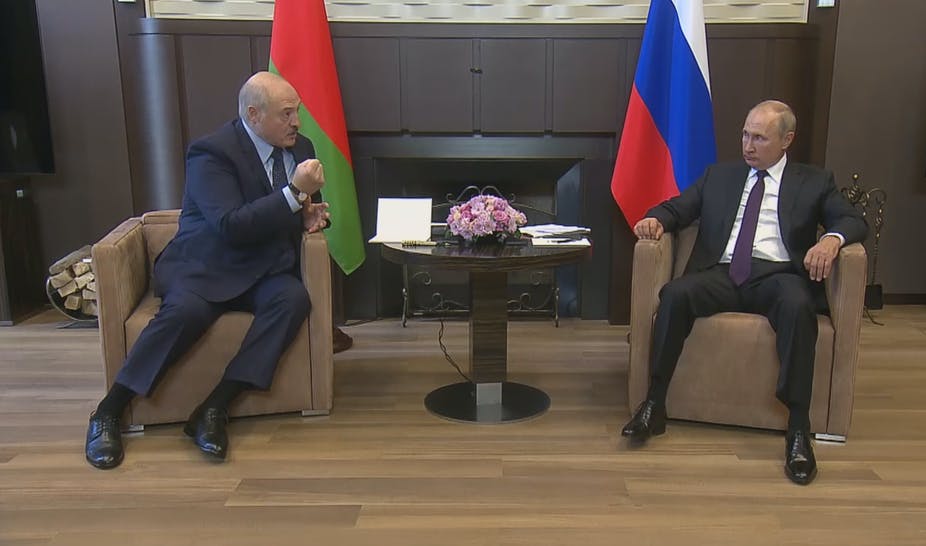
more on this storyBelarus is going into Moscow-controlled military dictatorship
In October 2023, Talacios-Porras Jorge-Patricio, a 53-year-old Ecuadorian diplomat, was found dead in an apartment in the center of Moscow. According to the official information, the diplomat died due to heart failure.In 2016, a 46-year-old diplomat Jabar Haidar mysteriously died in the Iraqi embassy in Moscow.
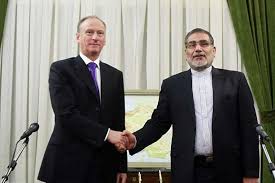
More on this story: FSB likely to hold back Iran-Russia cyber cooperation
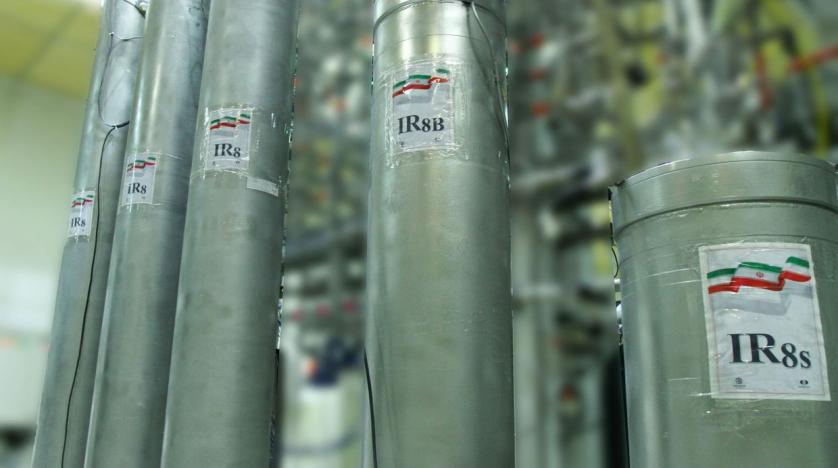
More on this story: Rosatom violates non-proliferation treaty in Iran


